The Woman That Ended Apartheid
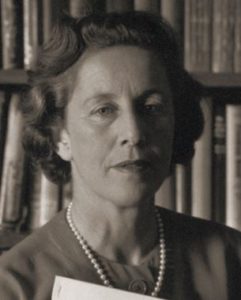
Helen Suzman
Helen Gavronsky (1917-2009) was born near Johannesburg, South Africa to Jewish immigrants from Lithuania. She studied at Witwatersrand University, first commerce and then economics and economic history after marring Dr. Moses Suzman. During World War II, she worked as a statistician for the War Supply board, and assisted the Governor General’s War Fund. When the war ended she returned to university as a lecturer. She soon joined the South African Institute of Race Relations, and went on to study the conditions of black communities. It was then that she realized how much they suffered, and became an anti-apartheid activist. In 1953, Suzman was elected to the South African Parliament. Unhappy with how little her own party was doing for the cause, she co-founded the Progressive Party in 1959 with a platform to end segregation, and bring equal rights for all. By 1961, all other members of her party lost their seats, leaving Suzman as the only anti-apartheid MP for the next thirteen years. Throughout this time, she ate alone in the parliamentary lunchroom. Nelson Mandela would later say that she was “undoubtedly the only real anti-apartheid voice in parliament.” Suzman experienced tremendous anti-Semitism from her colleagues, as well as harassment from police, and threats on her life. She remained unyielding. In 1974, she finally got some support as six other anti-apartheid MPs joined the government. A year later, her party merged with the Reform Party, run by another Jewish anti-apartheid activist, Harry Schwarz. Together, the Progressive Reform Party became the official opposition by 1977. Suzman worked tirelessly to bring equal rights for all, including women and minorities. She regularly visited Nelson Mandela and other prisoners, and worked hard to improve their conditions. All in all, she served as an MP for 36 years, and continued to work in Mandela’s government afterwards. She served on the Human Rights Commission, and was twice nominated for a Nobel Peace Prize. She was awarded 27 honourary degrees, was knighted by the Queen in 1989, and given the golden Order of Merit by Mandela in 1997. Suzman was voted among the greatest South Africans in history. Later in life, she did admit that South Africa did not go in the direction she thought it would, and strongly criticized the African National Congress, who did little to improve the country. The party that Suzman founded, now known as the Democratic Party, is currently the official opposition in South Africa.
What Separates Judaism from Other Religions?
Words of the Week
He who restrains his anger will not see his enemies rule over him.
– Rebbe Nachman of Breslov

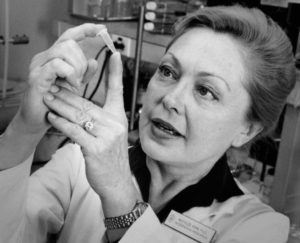
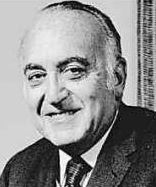
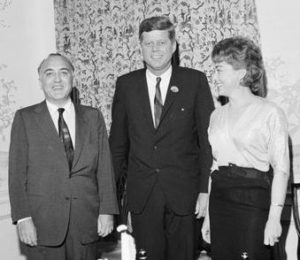
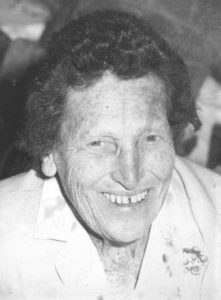 Born in South Africa to poor immigrants from Russia, Tikvah Alper (1909-1995) showed a talent for maths and sciences at an early age. At age 20, she traveled to Berlin to work on her doctorate with former Jew of the Week
Born in South Africa to poor immigrants from Russia, Tikvah Alper (1909-1995) showed a talent for maths and sciences at an early age. At age 20, she traveled to Berlin to work on her doctorate with former Jew of the Week